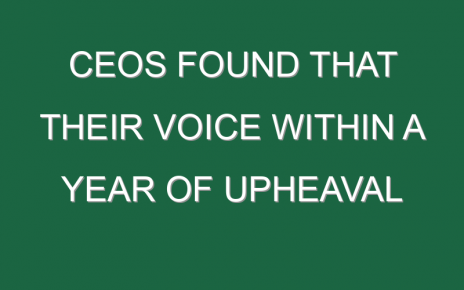Good morning, Broadsheet readers! Impeachment manager Stacey Plaskett presents the House’s case against Trump, Rihanna’s LVMH maison presses pause, and we dig into the idea of paying moms for their “unseen” work. Have a lovely Thursday.
– Money for moms? I’m sure many of you are familiar with Reshma Saujani and Girls Who Code, the nonprofit dedicated to closing the gender gap in tech that she founded in 2012. Saujani was already on my mind this week thanks to a story Emma has been working on (more on that below), when the news crossed the transom that she is stepping down as CEO of the organization in April. (She’ll remain on the board, and Dr. Tarika Barrett, currently COO, will step into the top spot.) Congratulations on everything you built, Reshma! Can’t wait to see what you turn to next.
Before this latest announcement, Saujani had been in the headlines recently promoting the Marshall Plan for Moms, which calls on the government to address the economic crisis among women by, among other things, providing all mothers with direct payments of $2,400 a month. The proposal—debuted with a splashy New York Times ad signed by celebs, startup execs, activists, and other big names—is intended to compensate all moms for the “unseen, unpaid” labor they do support their families. It’s a fascinating idea, and one that goes a step beyond previous ideas about providing payments to stay-at-home parents.
The question, of course, is would it work—is it good policy? To find out, Emma talked to economists and labor experts, as well as other well-known women who’d publicly disagreed with aspects of the proposal. Those in the critical camp objected to the sole focus on moms (as opposed to moms alongside other types of caregivers), noted that paying mothers would do little to address underlying structural inequities, and expressed concern that such payments would actually drive more women out of the workforce.
Saujani, for her part, told Emma: “There’s no way that we are going to get women’s labor market participation back to what it was unless we call it and name it. We need a Marshall Plan for Moms. We don’t need a Marshall Plan for Caregiving right in this moment, in the short term, because we’re talking about the people who are suffering right now.” The focus on mothers is a response to the gendered disparities so many women are living with, she says: “We have to respond to the moment that we’re in, and not the world as we wish it was.”
(We should note that many other aspects of the Marshall Plans for Moms proposal, including paid family leave, affordable childcare, and equal pay found broad support among Emma’s sources.)
So, while it’s not surprising that there’s disagreement about how best to support moms during the financial crisis many are facing, I love seeing so many women throwing themselves into solving these complex problems. (And consider the alternative—policy for women crafted from an exclusively male perspective!) As Amy Nelson, founder and CEO of the Riveter—and one of those against payments to moms as laid out by the Marshall Plan proposal—told Emma: “Men have been debating policy for centuries. We need multiple voices from women.”
Kristen Bellstrom
[email protected]
@kayelbee
Today’s Broadsheet was curated by Emma Hinchliffe.




